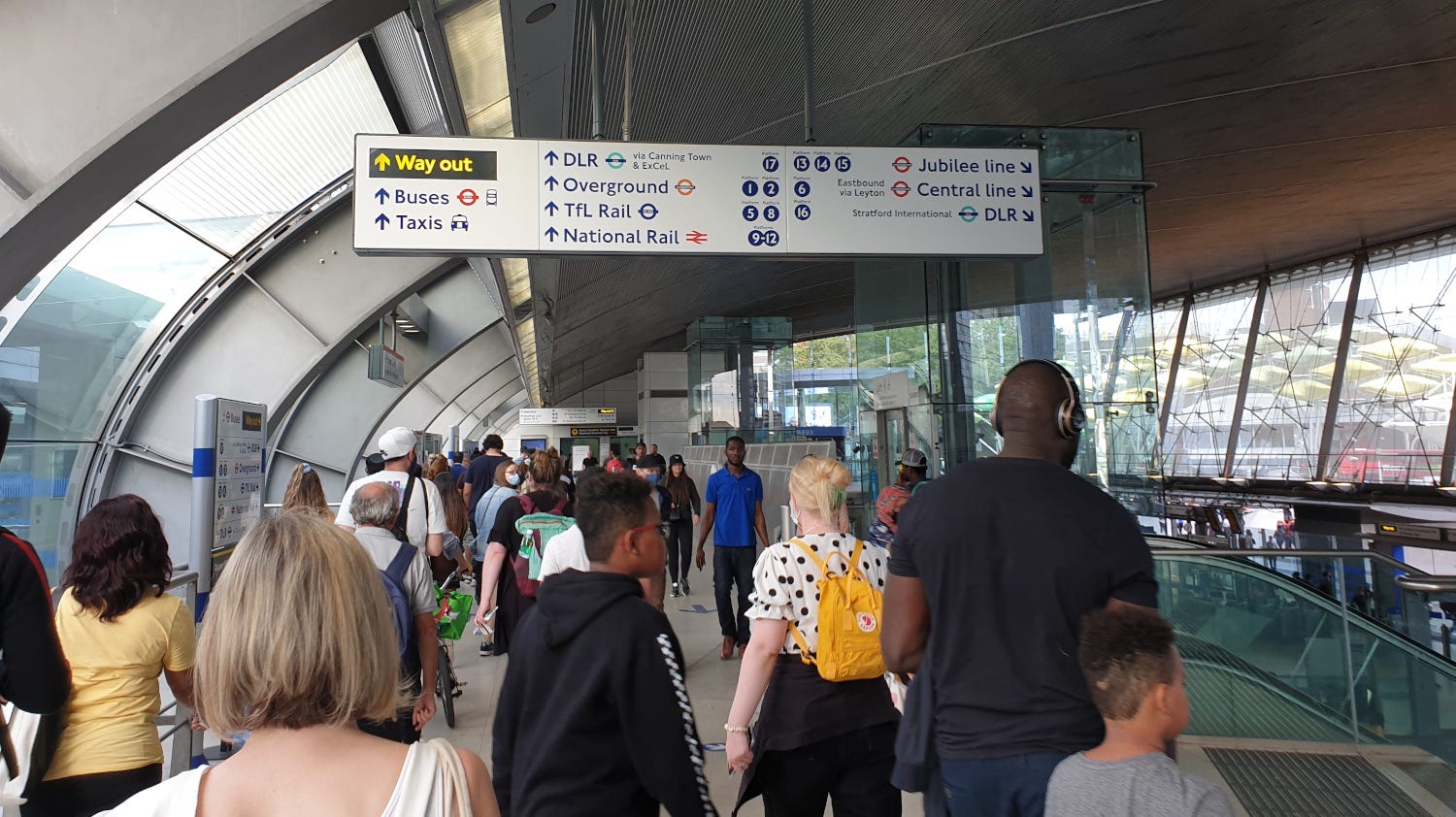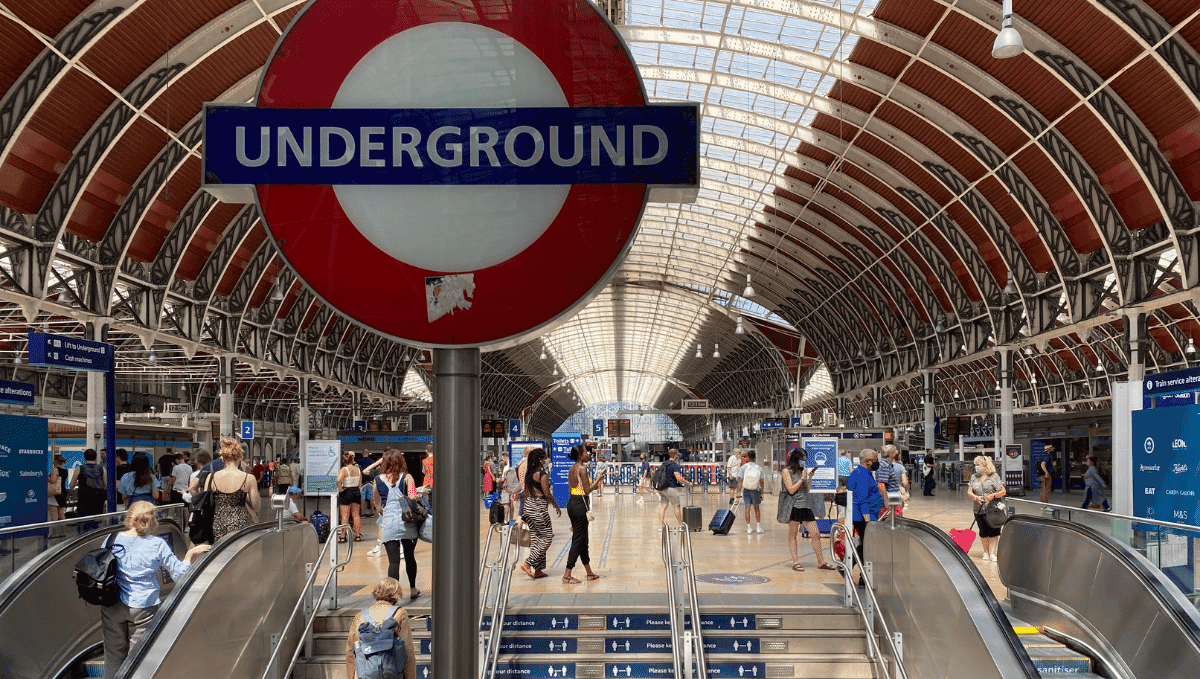NEWS.CATEGORY: Industrial
TfL ACAS talks over pay

Last week (w/c 30 October) TSSA negotiators met with Transport for London (TfL) representatives, including Glynn Barton, TfL’s new Chief Operating Officer, at conciliation service ACAS in an attempt to make progress with TfL on pay talks and avert a breakdown which could lead to a ballot for industrial action.
Despite the best efforts of TSSA’s negotiating team, no significant progress was made, and TfL appear reluctant to negotiate. “We’re pressing them to see if they’ll come back to the table and get a deal” explained TSSA’s lead TfL Organiser, Mel Taylor.
“Our concern is that many of the lowest paid staff will get no pay rise, only a non-consolidated payment, under the current offer”, said Mel. “This is also the case for many staff in roles with skills specialism, such as engineering, IT and commercial procurement, where TfL struggles to recruit or retain staff, and then bring in consultants at very high prices, which seems completely counterproductive.”
TfL have made a two-year pay offer of 4% 2023-24 and 4.4% 2023-24. However, the company is currently refusing to move the pay bands in line with the pay offer, meaning those at the top of pay bands would get an unconsolidated lump-sum which would not be pensionable, consequently decreasing the value of their pensions, and their salaries remain frozen.
Many experienced staff in TfL have not had an increase in salary for up to seven years. “Staff are leaving TfL for better paid roles elsewhere, leaving high numbers of vacancies in specialist roles and putting more and more pressure on remaining staff. This situation is not sustainable”, explained Mel.
Other factors behind the impasse in negotiations rest on the difference between the offer and the current high rate of inflation. TfL staff received no pay increase 2021-2022, and since 2015 all annual pay awards have been between 1% and 2%. TSSA calculates that the value of salaries has dropped by 20-30% against inflation over that period because of below-inflation pay rises or pay freezes.
“TfL needs to wake up and realise how demoralised much of their workforce is”, warned Mel. “We’re conducting an indicative ballot of members in regard to the current offer and we’re also taking our members’ views on industrial action, including both strike and action short of strike. From our point of view, we want to keep talking. All options are on the table, and we strongly urge TfL to come back to negotiations with an improved offer and attitude.”

